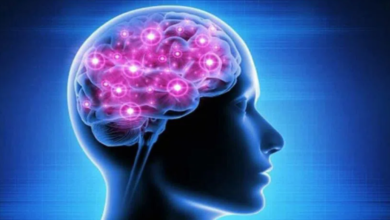New kind of blindness found: LVPEI researchers
Diseases due to the present-day lifestyle are resulting in complete blindness, they said

Hyderabad: Recent trends have indicated the advent of a new kind of blindness, which are not easily treatable or reversible, leading to complete blindness, also known as No Light Perception (NLPs).
Diseases due to the present-day lifestyle like diabetes retinopathy, which is irreversible once it sets, and eye ailments related to ageing population like macular degeneration and end-stage glaucoma, are resulting in complete blindness or NLPs, Hyderabad-based L V Prasad Eye Institute (LVPEI) researches, said.
The researchers, who conducted a cross-sectional, hospital-based study of NLP among its patients in Telangana, Andhra Pradesh, Karnataka and Odisha, over 12 years (2010-2022), indicated that out of the 32 lakh patient records, a total of 60,668 individuals i.e., 1.85 per cent, had NLP in at least one eye.
Presenting the study details in a letter published in the prestigious ‘Seminars on Opthalmology’ this March, senior LVPEI researchers Dr Anthony Vipin Das and Dr Sayan Basu noted that there was a need to kick-start ‘next paradigm in blindness prevention and radical sight restoration’ to address NLPs.
“To address the issue of NLPs, there is a need to take up cutting-edge therapies like nerve regeneration procedures or whole eyeball transplantation, which are next-generation interventions,” they said.
Prevalence data is showing an increase in conditions like diabetic retinopathy and macular degeneration and glaucoma. A variety of conditions, including infections, trauma, optic neuropathies, retinitis pigmentosa, or end-stage glaucoma can also result in complete blindness or NLPs.
“As the name suggests, NLP is the most severe form of blindness and is irreversible. We know little about the prevalence of NLP and even less on how best to tackle this form of complete sight loss. There is limited literature on the burden of people with NLP in either eye in the Indian context. Our goal was to identify the causes to help plan strategies for prevention and to develop vision restoration therapies in the future,’ Dr Das said.








